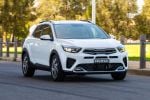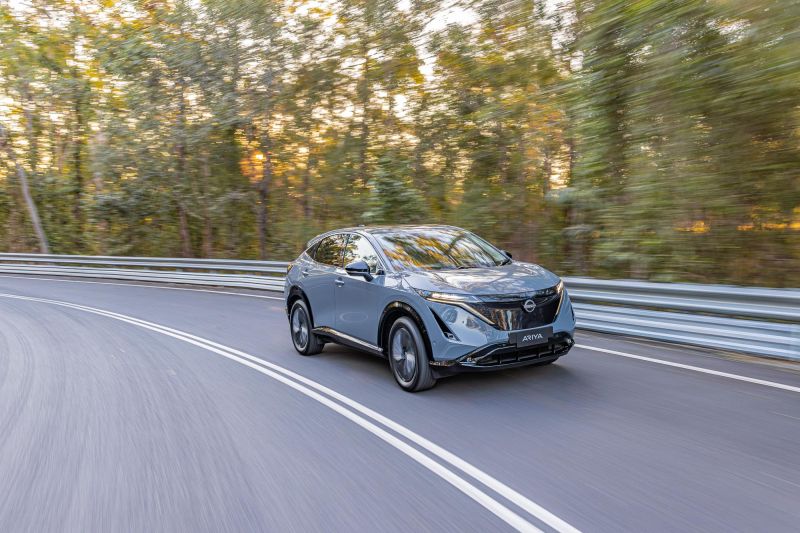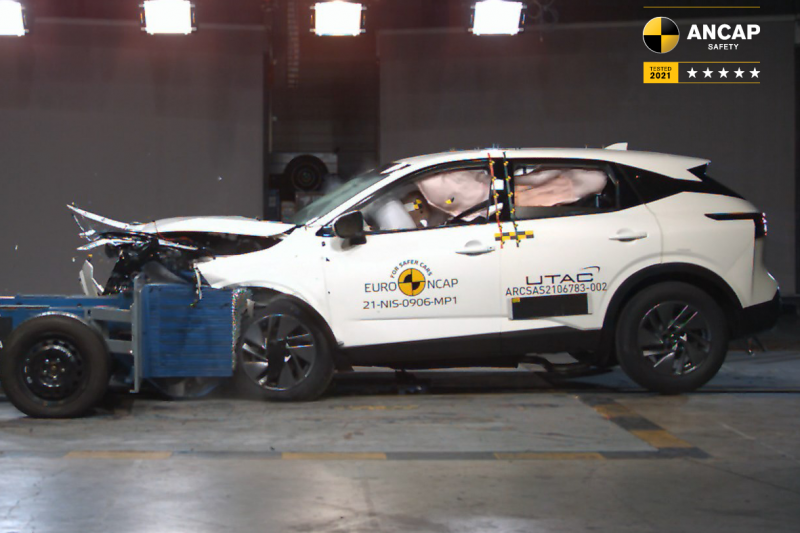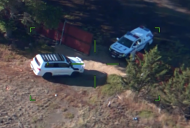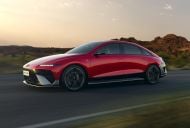The process of homologating cars for the Australian market, in addition to local safety testing requirements, is adding extensive delays to the introduction of new cars in Australia – with Nissan the latest brand to call on the government to find a better solution.
Speaking to Australian media at the Japanese giant’s Sunderland facility in the UK, Nissan’s senior vice president of region and chief planning officer Francois Bailly said local homologation time frames and requirements make the process of bringing a vehicle to our relatively small market difficult.
The Ariya – Nissan’s first electric SUV – has been repeatedly delayed as the brand seeks an engineering solution to deliver the top-tether child seat anchors required in Australia, but not in Europe, Japan, or the United States.
The small size of our market makes this engineering challenge a costly exercise with potentially no benefit to the customer.
“For me, what is difficult is you have the tailoring for the child seat but I think, more importantly, you have the time for homologation for a car that already exists in Europe and in Japan – it still takes about 45 weeks to be homologated to Australia,” Mr Bailly said.
His response came in regards to questions about the fuel efficiency standards coming to our market, which have given OEMs a short time frame for new model introduction, without helping them meet homologation requirements.
“When you put that against the CAFE [NVES] regulation coming, 45 weeks is really, really long.”
Pressed about how the government can help manufacturers, Mr Bailly hinted that given Australia is a fully import market it would make a lot more sense to align our design rules and safety testing requirements to Europe, Japan, or North America to reduce costs and speed up the homologation of vehicles.
“What I would challenge is that because you are a CBU [completely built unit] market with the government, help us compress this homologation,” he said.
“If a car is homologated let’s say in Europe, which is a very safe market or us. Can we reduce the time? There’s no value for the customer [to modify cars for Australian Design Rules].
“So can we compress that? That’s what I would debate or challenge.”
Nissan is one of many manufacturers that has for years called on the government to align its automotive design rules and localised safety testing with bigger markets to reduce the costs of engineering cars for our relatively small market.
